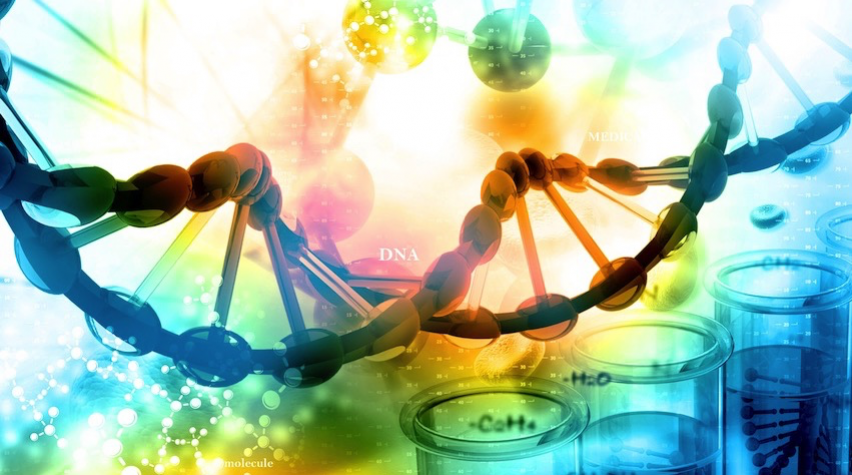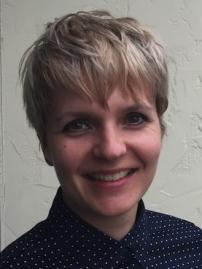
Disclosure: This post is sponsored by Arbor Biosciences and reflects their views, opinions, and insights.
Arbor Biosciences provides cost-effective research tools for molecular and synthetic biology. I had a chance to catch up with Evelyn Eggenstein of Arbor Biosciences prior to this year's Synthetic Biology: Engineering, Evolution and Design (SEED) Conference to talk about where the synthetic biology community is going and how the SEED conference series can help to get it there. If you are attending SEED, make sure to stop by Arbor Biosciences’ exhibit table to learn more.
What are the most exciting developments you have seen in the synthetic biology community over the past year?
Certainly, the vast number of studies on the CRISPR-Cas editing system have revealed a plethora of insights into the technology, which are useful to support the development of new methods and applications for synthetic biology. We are excited that researchers in Vincent Noireaux's and Chase Beisel's lab have found our myTXTL® cell-free protein expression platform useful to rapidly study the activity and specificity of various CRISPR nucleases, which paves the road to accelerate discoveries and further advance CRISPR-Cas technology.
Also, the recently published work on the site-specific incorporation of non-natural amino acids into proteins in multiple locations by Michael Jewett's lab is a major innovation and holds potential for advances in biotherapeutics and biomaterials.
Tell us about the role of Arbor Biosciences in synthetic biology.
Arbor Biosciences, formerly MYcroarray, started off as a manufacturer of custom microarrays based on its proprietary technology to synthesize oligonucleotides. While synthesis is still our core technology, we entered the synthetic biology field by commercializing the versatile and efficient E. coli-based cell-free transcription(TX)-translation(TL)system, developed by Vincent Noireaux, approximately two years ago as myTXTL®. Since then, we serve our customers with a robust and reliable in-vitro expression system for protein engineering, testing gene networks, or even producing live phages – just to name a few applications.
Our core strength is the ability to offer a complete tool set for synthetic biology projects under a single roof, starting with the genetic template material through our various offerings for DNA libraries and gene synthesis, as well as solutions for genome editing using the CRISPR technology, which can be directly tailored to the requirements of the myTXTL® cell-free system. In this context, we see ourselves as scientific partners aiming to provide comprehensive technical support dedicated to promoting collaborative research and development.
Arbor Biosciences has been involved with the SEED conference for the past few years. What are the most valuable takeaways that you have gained from the conference?
Since our first meeting in 2015, SEED has been able to attract key opinion leaders and established scientists as well as young professionals with innovative ideas presenting recent trends and ongoing research in many aspects of synthetic biology. This, combined with the exceptional food and drinks in great locations, we found it a perfect environment to generate a comprehensive status of the field, challenges and prospects, which lays the foundation for starting new collaborative projects to overcome technical hurdles. Ultimately, our goal is to develop new products serving the current and future demands in the synthetic biology community.
What advantages of cell-free protein expression systems are driving advancements in synthetic biology?
Even though in vivo systems should not be neglected in synthetic biology, the open reaction setup of cell-free platforms provides an unprecedented degree of flexibility in manipulating and engineering biological systems. Cell-free technology allows the production of toxic proteins and membrane proteins by adding surfactants and lipid particles, and makes it easier to study a specific metabolic pathways or gene circuit. By avoiding cell cultivation and transformation and using automated high-throughput technologies, design-build-test cycles can be sped up by orders of magnitude while reducing the complexity that typically comes with a living system. Therefore, the cell-free technology helps to enlarge the scope and more rapidly advance synthetic biology research and development.
You can still register for 2018 Synthetic Biology: Engineering, Evolution & Design (SEED), taking place from June 3-7, in Scottsdale, Arizona.

Evelyn Eggenstein
Evelyn Eggenstein is product development scientist of myTXTL®Cell-Free Protein Expression kits at Arbor Biosciences. In this position, she leads myTXTL®R&D operations, coordinates manufacturing of standard and customized kits, and markets the myTXTL®product line.
Disclosure: This post is sponsored by Arbor Biosciences and reflects their views, opinions, and insights.


